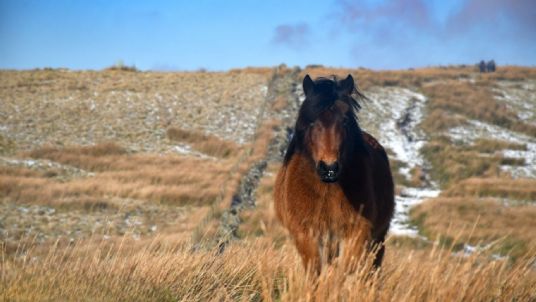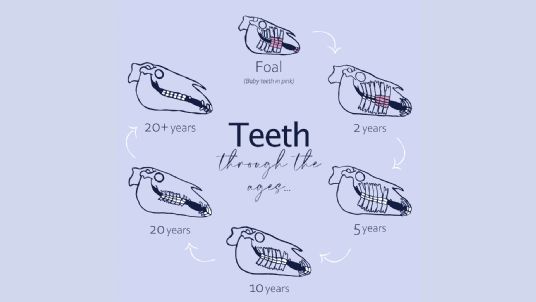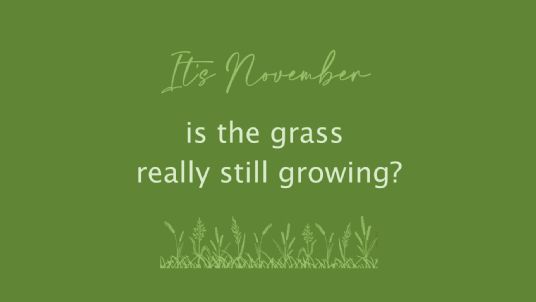PuraBeet - Horse Feed of the Month - November 2012
31 October 2012
PuraBeet is a wonderful feed for the winter. It is really economical and goes a very long way as it soaks up to around six times its original volume. Use it as part of a complete soft diet for oldies with dental issues, as partial hay replacer and as a bulker for feeds and to extend eating time.
PuraBeet is a good source of soluble fibre and is very easily digested. It is much better than bran for making a mash, has good quality protein (though it has to be said, not in large amounts!) and is a very good source of calcium. It is naturally very low in sugar as all that can be, has all been taken out at the sugar factory. Horses like the taste so it can be useful for disguising medicines or just encouraging a good appetite. It is safe for horses that tie up, those with metabolic issues and laminitis. It will not cause hotting up. We add nothing to our PuraBeet.
PuraBeet must be soaked. Put it on the morning and it is ready for the evening and vice versa. For a quick warm feed, use hot water, stir occasionally and use when it has no hard lumps left and it does not feel too hot when you put your hand through it. For horses that do not drink enough, it is a very good way of getting more water into them – if they won’t drink it, at least they can eat it! Use a good Stubb’s scoop to make up to a bucketful.
PuraBeet can be used in reasonably large amounts – for most horses, you can easily use anything up to 0.5% of their weight, so this means that an average riding horse of 500kg can have up to 2.5 kg dry weight before soaking per day. That makes an impressive nearly two buckets full! Oldies no longer able to eat hay or haylage can have even more – call our Feed Line (01728 604 008) for more suggestions on keeping your dentally challenged veteran looking fit and well.



